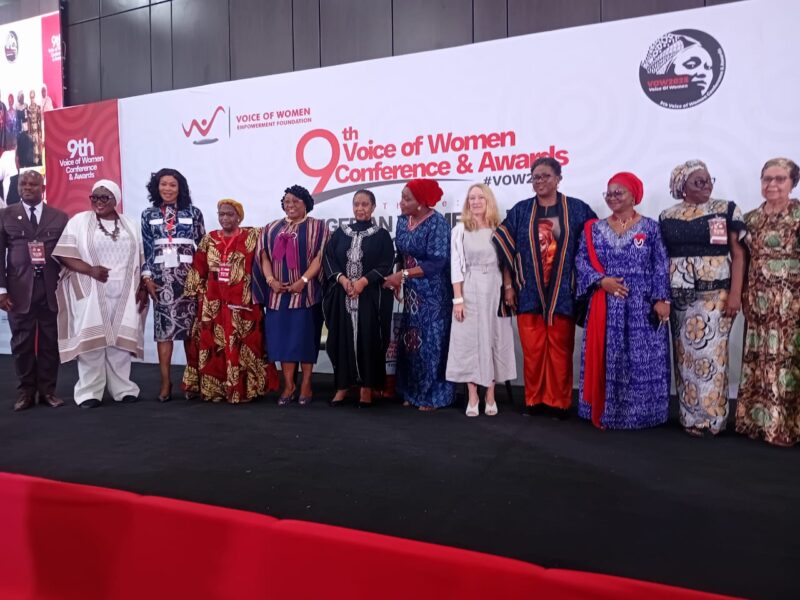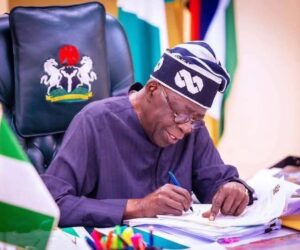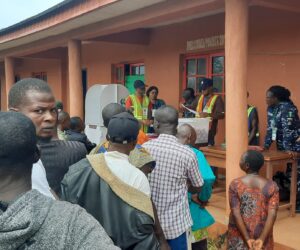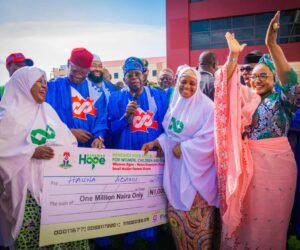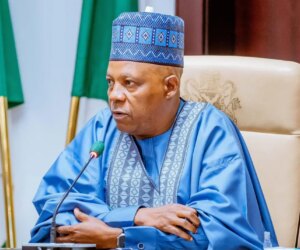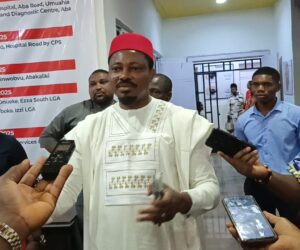President Bola Ahmed Tinubu, Vice President Kashim Shettima and Speaker of the House of Representatives, Hon. Tajudeen Abbas, have reaffirmed the commitment to unlocking the full potential of Nigerian women.
The president and vice president who were represented by the Minister of Women Affairs and Social Development, Imam Sulaiman-Ibrahim, at the Voice of Women Conference with the theme: “Nigeria Women and the Power of Collective Action” held in Abuja, said women are crucial drivers of the country’s socio-economic growth and development, playing vital roles as builders of families, leaders of enterprise, and key drivers of one trillion-dollar economy and national renewal.
“Our ever supportive and resilient Nigerian women, as President of the Federal Republic of Nigeria, I salute the 9th Edition of the Voice of Women Conference, holding at the dawn of Nigeria’s 65th Independence Anniversary, a reminder that the story of our nation is incomplete without the strength of her women.
“My administration stands resolute in empowering women as protectors of families, drivers of innovation, and catalysts of the one trillion-dollar economy we are building together. May this conference echo as a song of unity, pride, and enduring hope for a more inclusive and prosperous Nigeria.
“The theme, “Nigerian Women and the Power of Collective Action,” is both timely and timeless, reminding us that women are the backbone of our nation’s resilience and the vanguard of its future,” the president said.
Convener of the Voice of Women Conference and Awards, Toun Okewale Sonaiya, stated the importance of collective action in promoting women’s leadership in Nigeria.
She urged grassroots women to support female politicians with their votes, bridging the gap between elite women and those at the grassroots level.
Sonaiya added that when women support each other across party lines, economic status, ethnicity, faith, age, and ability, they become a powerful collective voice driving change.

